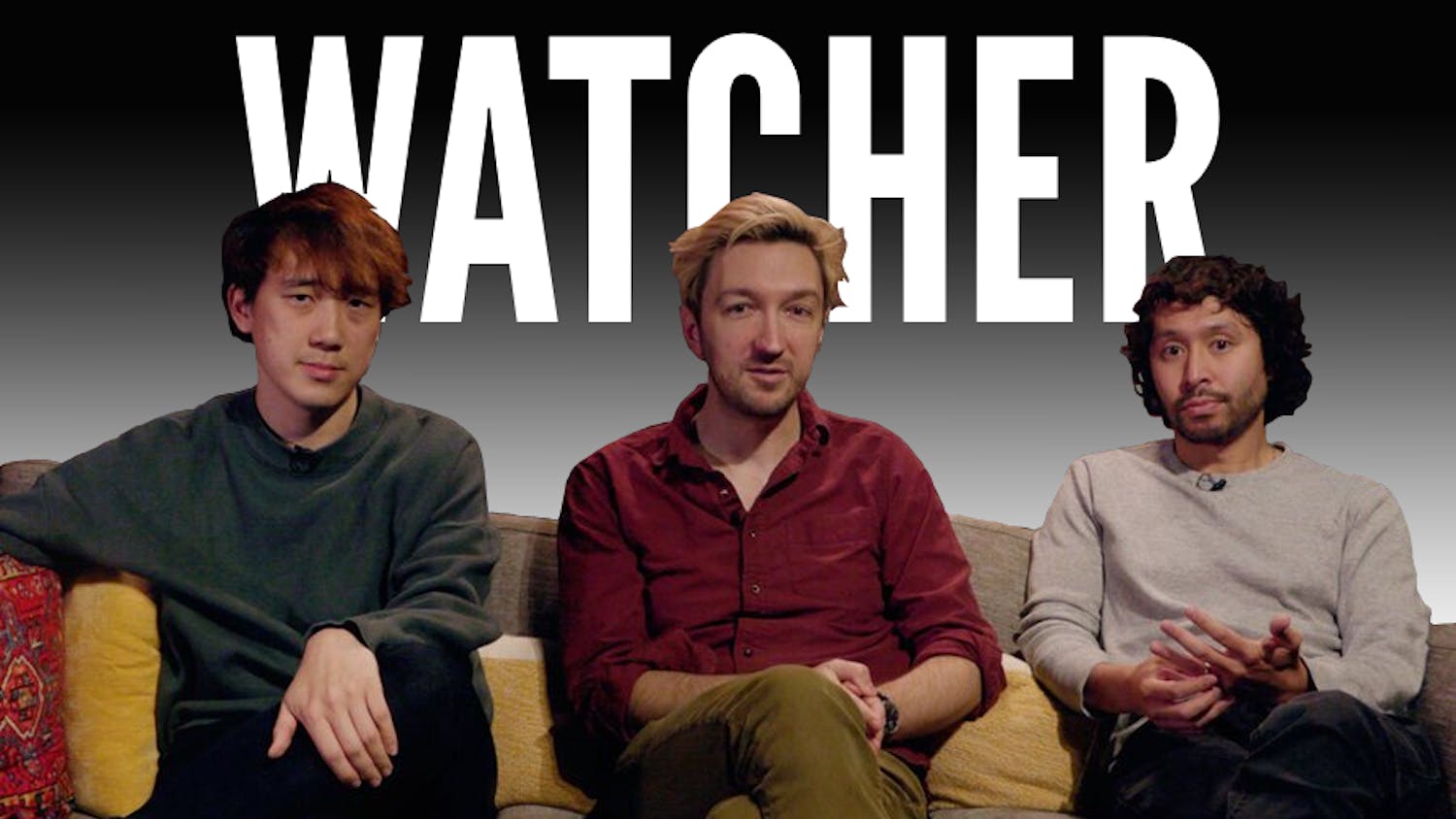
This evening, Notre Dame's Creative Writing Program will have its first reading of the semester. Valerie Sayers, the celebrated author of six novels, will be sharing her work. Of Sayers’ six novels, two were named in the New York Times'“Notable Books of the Year.” Her most recent novel, “The Powers,” a coming-of-age story about Yankees slugger Joe DiMaggio, was released last fall to much acclaim. Sayers’ five earlier novels have just been reissued by Northwestern University Press in a paperback set. Sayers, who is also a Notre Dame professor of English, spoke with Scene writer Emma Terhaar about her upcoming reading.
Emma Terhaar: What will you be reading from on Wednesday?
Valerie Sayers: Since this reading is to celebrate new uniform editions of five previously-published novels that Northwestern released in late 2013, I thought I'd read from the first of these, “Due East” (1987) and the last, “Brain Fever” (1996). My latest novel, “The Powers,” was published in April 2013, and I also celebrated that publication with a campus reading.
ET: “The Powers” is a novel told from the perspective of Joe DiMaggio, right? What sparked your interest in DiMaggio?
VS: The novel explores pacifism and acts of witness on the eve of World War II. Since Joe DiMaggio's famous hitting streak took place in 1941, and since so many Americans seemed to regard DiMaggio as the kind of hero they were looking for as they debated entering the war, he was a great way to tie together the questions I was asking.
ET: It's really interesting that you inhabited a very specific historical figure, not because you were overly interested in him, but because he was a way to answer some more socially important questions you had about that time period. About how much research went into writing about that historical era and Joe specifically?
VS: I researched a great deal — I read all the DiMaggio biographies to date, as well as books about pacifism and the Catholic Worker movement, and books about the early years of the Holocaust. Online, I followed the daily New York Times for 1941 (I was as interested in ads and the writing style as I was in the news, but the news was fascinating. I had no idea, for example, that accounts of Jewish residents being rounded up in Paris and Vienna were buried in the back pages of "the paper of record.") I also read The Sporting News' accounts of Joe D's streak games and looked up many baseball facts; I'm a fan, but I needed the knowledge of a fanatic. Finally, I looked at more photographs of the era than I could count.
ET: So is it correct to describe a book like “The Powers” as historical fiction?
VS: It's certainly historical fiction, but it's also an experiment in using two forms of narrative, prose and photographs, to tell two parallel stories.
ET: And how long does it normally take you to write a book, and “The Powers” in particular?
VS: The idea for it came when the U.S. was debating whether to invade Iraq and my sons were debating whether they considered themselves conscientious objectors. But I wasn't able to start working on it in earnest till several years later, around 2004. It took a long time to write, but getting permissions for all the photographs I used took up a lot of time too. No book of mine has ever taken so long to make it to print!
ET: Does Notre Dame influence your novels?
VS: Notre Dame influences me on a daily basis, but certainly the presence of a Kroc Institute where the ideas I was writing about are studied seriously provided a kind of moral support. And working among sports fanatics also illuminated some ideas for me, especially how sports can transport us and call forth a kind of fidelity we may otherwise find hard to honor.
Sayers’ reading will be tonight at 7:30 p.m. in the Hammes Notre Dame Bookstore. Attendance is free, and her newly reissued paperback books will also be available for purchase at the Hammes Notre Dame Bookstore.













